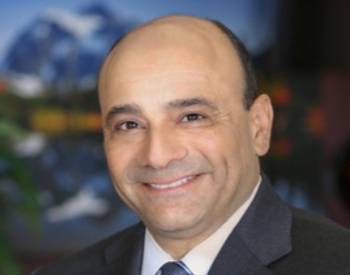Healthcare Management and Leadership
Our two-day Healthcare Management and Leadership program offers a deep dive into essential business principles for managing health services. Explore emerging trends, industry shifts, and the key challenges facing healthcare leaders today.
Program Overview
During this program, you will:
- Gain new insights to transform your personal healthcare management and leadership capacity
- Align strategy with organization design, healthcare policy, and the triple aim platform to succeed in the value-based healthcare model
- Understand how business analytics and talent management can improve performance
- Effectively navigate the changing regulatory environment
- Widen your perspective on the disruptive technologies, entrepreneurial, and investment communities involved in this growing industry
- Learn best practices and trends in talent management and succession planning in healthcare
Cost: $1,899
Duration: 2 Days
Date: June 4-5, 2026
Location: West Los Angeles Campus
Registration Opening Soon
Who Will Benefit
Individuals in health care delivery organizations
Individuals in life sciences organizations
Individuals in manufacturing, including pharma and biotechnology
Individuals in payers and managed care organizations
What You'll Earn
A certificate of completion and digital badge is awarded upon successful completion
of the program. This program does not carry academic units/credit.
Testimonials
The healthcare landscape is in constant sea of change, it is an asset to have an academic autonomous space to share best practices, look for opportunities to fine tune strategy and collaborate for the future of delivering care for population health.
Amy Towner
CEO, Health Care Foundation for Ventura County
Testimonials
This program will be especially valuable for those interested in making an impact with a career in healthcare, whether starting a healthcare company, healthcare investing, healthcare administration, or other healthcare-related practice.
John Figueroa
Instructor and Executive Chairman, CarepathRx
Testimonials
This certificate course provides a strong foundation to explore the healthcare industry and all its facets in a leadership lens. Providing tangible next steps to help a healthcare professional better understand opportunities to further explore in their leadership journey.
Rosa Navas Ampuero
Director, Regional Integrated Marketing, American Cancer Society, Inc.
Take the Next Step
Learn more about our programs




